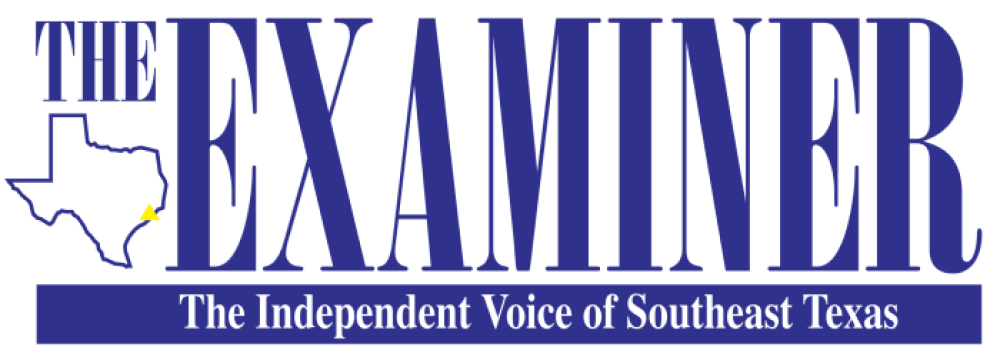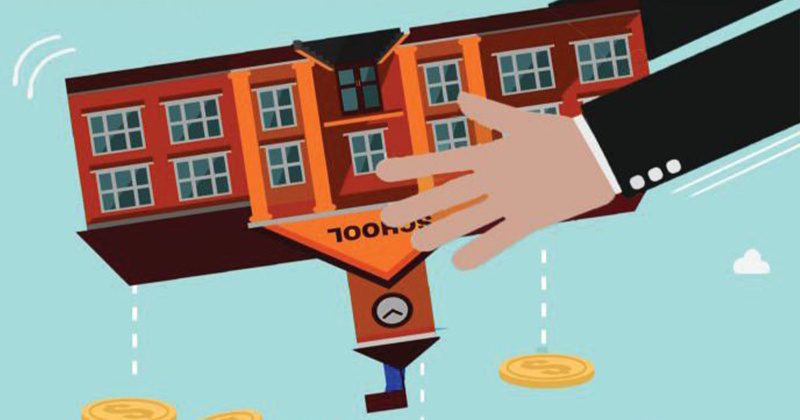Southeast Texas superintendents say school choice will hurt public schools
Superintendents at several smaller Southeast Texas school districts told The Examiner that recently passed school voucher provisions will undoubtedly have a negative impact on public schools.
Oct. 31, Gov. Greg Abbott announced an agreement with Speaker Dade Phelan and his House Leadership team regarding school choice for Texas families, further proclaiming an expanded Special Session No. 3 agenda for “universal school choice” to include additional school finance provisions for things such as teacher pay raises, school safety and special education. The Special Session ends next week.
According to Abbott, the proposed legislation will create an Education Savings Account (ESA) program with universal eligibility for all Texas schoolchildren, entirely voluntary for families and schools to participate. Participating students will be eligible for approximately $10,400 per year in their ESA, administered by an education organization overseen by the Texas Comptroller on behalf of program participants.
“We will also provide billions more in public education funding to boost Texas’ top-notch public school system, including teacher pay raises, while staying within the constitutional spending limit,” added Abbott. “This bill will codify recommendations made by the Teacher Vacancy Task Force, the Commission on Virtual Education, and the Commission on Special Education Funding. Importantly, the STAAR Test will be phased out to be replaced with an improved assessment system.”
Hamshire-Fannett ISD Superintendent Dwaine Augustine said any bill that allows vouchers will have a negative impact on public schools.
“Essentially, vouchers that take money out of the public school system and diverts those funds to private schools,” said Augustine. “Every district in Texas will, at some point, face a negative impact due to vouchers. Passing a bill for teacher raises, school safety and special education is not inherently tied to vouchers; funding these initiatives for public schools are exclusive of any voucher program.”
Augustine said the question to pose to legislators in Austin is: “With only a finite amount of funds, why split public education funding with anything?”
Additionally, Augustine noted, private schools lack accountability — financial and academic.
“Private schools get to choose who they serve; public schools do not. What data shows is that students in the lowest performing schools are the least likely to benefit from vouchers,” he added. “So, the fundamental principle of improving the most needed schools through offering vouchers is a flawed premise. In short, a voucher system will create a public school system of the ‘haves’ and ‘have-nots.’”
Vidor ISD Superintendent Jay Killgo, Ed. D, said he was disappointed to see that vouchers have arrived in Texas.
“We continue to feel that public schools provide the education that all children need, while meeting the expectations of the state and federal governments,” said Killgo. “As we move forward, we are excited to see that additional funding is headed our way. This is sorely needed after the inflation we have all experienced since the COVID-19 pandemic.”
Lack of funding, Killgo added, is the reason teacher salaries have remained stagnant.
“The injection of funding will be a tremendous help as we continue to provide the best education possible to our students,” he said. “We hope to see a basic allotment that increases to an inflation-adjusted level, an automatic annual inflation adjustment for the basic allotment and substantial increases in salaries for all school employees in the coming weeks.”
Abbott now awaits the final wording to arrive on his desk.
“I look forward to working with both chambers of the Texas Legislature on getting this legislation to my desk to sign into law,” Abbott stated.
Dr. Tony Tipton, Lumberton ISD superintendent, feels that, just like everything new, it may take some time for the full repercussions of school vouchers to manifest.
“While no one knows exactly what this may mean for education in Texas, the general consensus among Texas public school leaders is fairly consistent. Although the new Legislative Special Session called by the governor includes additional school funding, it is clear that deals are being made behind the scenes,” Tipton said. “Anytime you create another system that runs parallel to an existing one, there will be growing pains.”
Tipton said his fear is that, over time, the funds used to pay for the ESAs will have to come from existing or potential new funding that could be slated for public schools.
“I believe the governor has added additional school funding to the call because he realizes it is the only way to get his vouchers passed,” Tipton added. “In my opinion, he is using the additional school funding to placate different factions of the legislature and public to ensure that vouchers become a reality.
“It is sad when state-level politicians play games with funds that help kids and teachers, but that is exactly what is happening in Texas.”
According to the National Education Association (NEA), vouchers undermine strong public education and student opportunity. They take scarce funding from public schools — which serve 90% of students — and give it to private schools — institutions that are not accountable to taxpayers.
“This means public school students have less access to music instruments and science equipment, modern technology and textbooks, and after-school programs,” NEA asserts.


